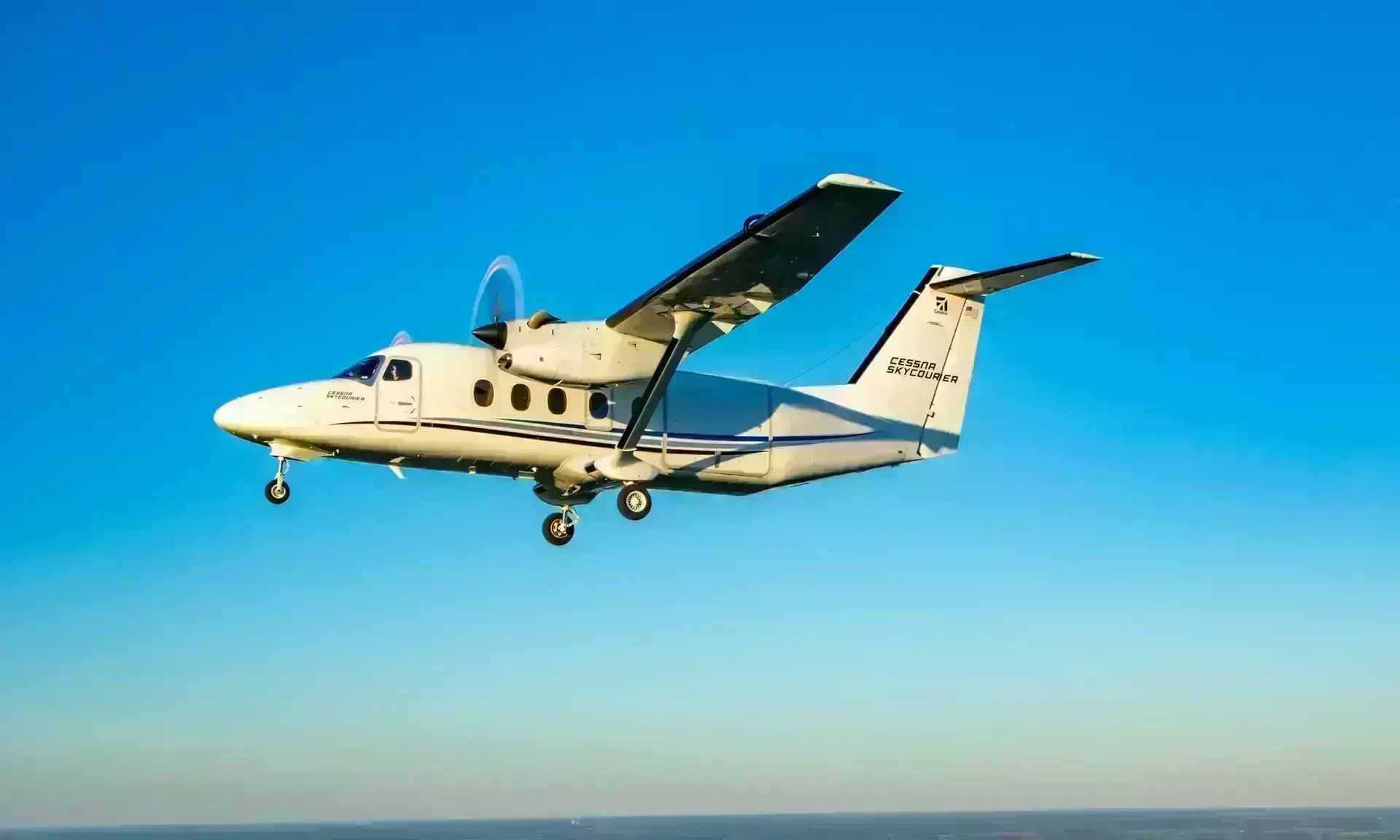
Cessna SkyCourier gets type certification in Philippines
Aircraft set to be delivered in the second half of 2025 to Philippines’ LEASCOR.

Textron Aviation announced that the Cessna SkyCourier, a twin utility turboprop, has received type certification from the Civil Aviation Authority of the Philippines (CAAP), enhancing its capability to support operations in remote areas of Southeast Asia.
The region's first SkyCourier, a 19-seat passenger variant, is scheduled for delivery in the second half of 2025 to Leading Edge Air Services Corporation (LEASCOR), a wholly-owned subsidiary of ACDI Multipurpose Cooperative in the Philippines. The Cessna SkyCourier is designed and manufactured by Textron Aviation, according to an official release by Textron Aviation.
The Australia Civil Aviation Safety Authority (CASA) recently also granted type certification to the Cessna SkyCourier.
Capable of single-pilot operation and featuring a substantial payload capacity, the SkyCourier is suited for air freight, passenger transport, and special missions, the release added. Its adaptability allows for easy configuration changes to meet various mission requirements, ensuring a strong return on investment. Additionally, the aircraft is well-equipped to support diverse operational activities in remote areas, mentions the official release.
The dedicated freighter variant features a large door and a flat floor cabin that is sized to handle up to three LD3 shipping containers with an impressive 6,000 pounds of payload capability.
Textron Aviation had earlier announced the delivery of the first Cessna SkyCourier twin-engine utility turboprop, equipped with a combi interior conversion option. The aircraft was delivered to Everts Air, an Alaska-based Part 135 operator that provides passenger, cargo, and charter services across Alaska.
“We are excited to connect underserved communities in the Philippines with the new 19-seat SkyCourier turboprop, which will complement our present fleet,” says Major General Gilbert S. Llanto, Chairman, ACDI MPC. “It will surely boost our business lines in tourism, agriculture and food, aviation, mobility, and the construction industry across the archipelago.”

